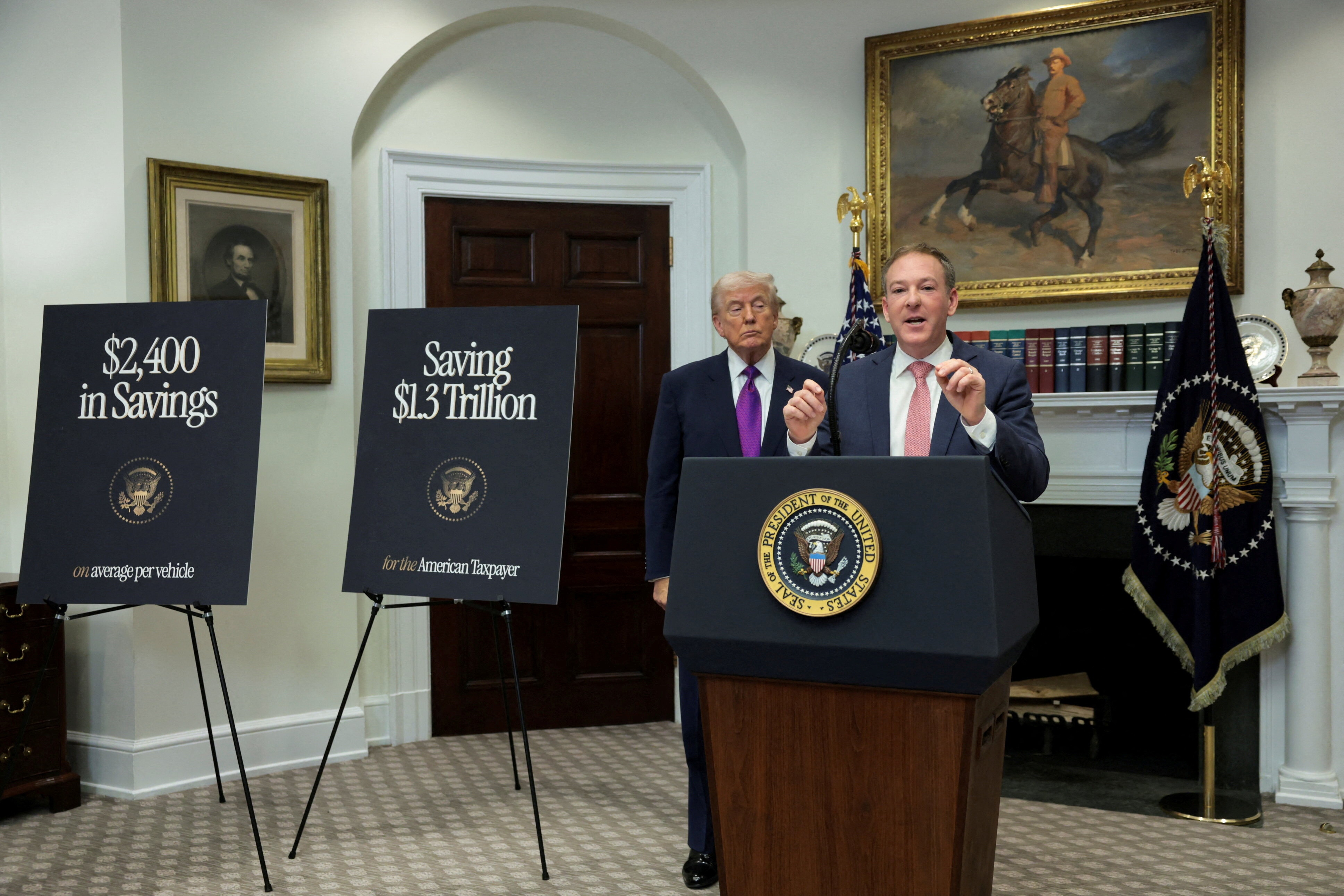Why carbon tax is crucial to curbing climate change

Around 80% of the funding we need must come from the private sector. So how to we raise it? The answer is clear. Image: Diana Parkhouse/Unsplash
Feike Sijbesma
Member Board of Trustees, World Economic Forum; Co-Chair, Global Climate Adaptation Centers; Honorary Chair, Royal DSMAs world leaders gather in New York City this week for the UN General Assembly, climate change is front and centre. And rightly so: the window for action is closing.The 2015 Paris Agreement is the most ambitious policy framework the world has ever agreed to, but without collective action, it’s just words.
While governments should lead by setting climate-smart policies, they can’t address climate change alone. Business has the innovation and operational competences to accelerate the shift to a low-carbon and climate-resilient economy. Already, many companies are demonstrating that achieving net-zero emissions by 2050 and keeping global warming to 1.5°C is necessary and achievable. The economic case is beyond doubt.
Although climate change represents perhaps the largest, most complex economic opportunity since the industrial revolution(s), many investments are needed to make the transition. Most of the money required (up to 80%) needs to come from the private sector. It is therefore critical that the financial contributions from investors and business are unlocked.
The key? Putting a price on carbon emissions. There is enough evidence to suggest this is by far the best instrument to trigger investors and companies to move faster, especially when combined with other supporting policies.
Two years ago, the High-Level Commission on Carbon Pricing, chaired by Joseph Stiglitz and Nicholas Stern, suggested a carbon price needs to be in the $40-$80 per tonne range by 2020 and $50-$100 by 2030 to achieve the Paris Agreement target. A World Economic Forum survey of 80 CEOs found the same: a price of at least $30 per tonne is needed to impact emission reductions and investments to decarbonize fast enough.
The momentum for a carbon price is increasing, but we are still far from where we need to be to deliver on our Paris goals. Today, 46 national and 28 subnational jurisdictions have carbon pricing systems in place covering over 20% of annual greenhouse gas emissions. These include Europe, Canada, California and Washington state, Mexico, Peru, Colombia, Chile, China and Singapore.
Since the Paris Agreement, the price of carbon in Europe has increased by 350% to €27 per tonne of CO2 equivalent. Next year’s update to the Nationally Determined Contributions (NDC) provides a clear opportunity to step up carbon pricing ambitions – especially since it is now clear a meaningful carbon price will not harm competitiveness.
This week’s report by the High-Level Commission on Carbon Pricing and Competitiveness, which I co-chaired with Anand Mahindra, shows that for companies, additional costs created by carbon pricing are small relative to other factors affecting the competitiveness of a company. These factors include corporate tax rate differences, wage arbitrage, regulations, availability of labour, infrastructure, exchange rates and commodity prices. In our view, this is especially the case if the price is within the $30-$100 (or more) range.
The report also demonstrates that policies can be designed to incentivize reducing emissions while providing support to affected industries or regions. In other words: both the loss in competitiveness and the threat of carbon-leakage can be prevented, without a negative impact on economic activity and employment - if the right policy measures are implemented in parallel. These measures could include temporary or partial exemptions for certain specific industries or regions competing heavily on a global scale.
To level the global playing field – by preventing perceived carbon leakage due to competitiveness differences – the report recommends policymakers around the world move faster in implementing a meaningful carbon price in line with the Stern-Stiglitz recommendations.
At DSM several years ago, we applied a global internal carbon price of €50 per tonne of CO2 to accelerate our efforts in reducing our emissions, but also to ensure our company is prepared for future regulations. Companies who haven’t yet adopted an internal price to prepare for an external carbon price will soon have to do so, as investors demand more and more insight into the risks of climate disruption – and into the financial opportunities of taking action on climate change.
By embedding emissions firmly in our financial systems and by putting this meaningful price on carbon, we can unlock trillions of dollars in climate finance from companies and investors in the private sector. This is a critical step toward harnessing and optimizing the financial means, innovative power and actions of businesses when it comes to funding the transition to a low-carbon future.
Don't miss any update on this topic
Create a free account and access your personalized content collection with our latest publications and analyses.
License and Republishing
World Economic Forum articles may be republished in accordance with the Creative Commons Attribution-NonCommercial-NoDerivatives 4.0 International Public License, and in accordance with our Terms of Use.
The views expressed in this article are those of the author alone and not the World Economic Forum.
Stay up to date:
Climate Crisis
Related topics:
Forum Stories newsletter
Bringing you weekly curated insights and analysis on the global issues that matter.
More on Climate Action and Waste Reduction See all
Laetitia Gardé and Marc Delobelle
February 26, 2026







